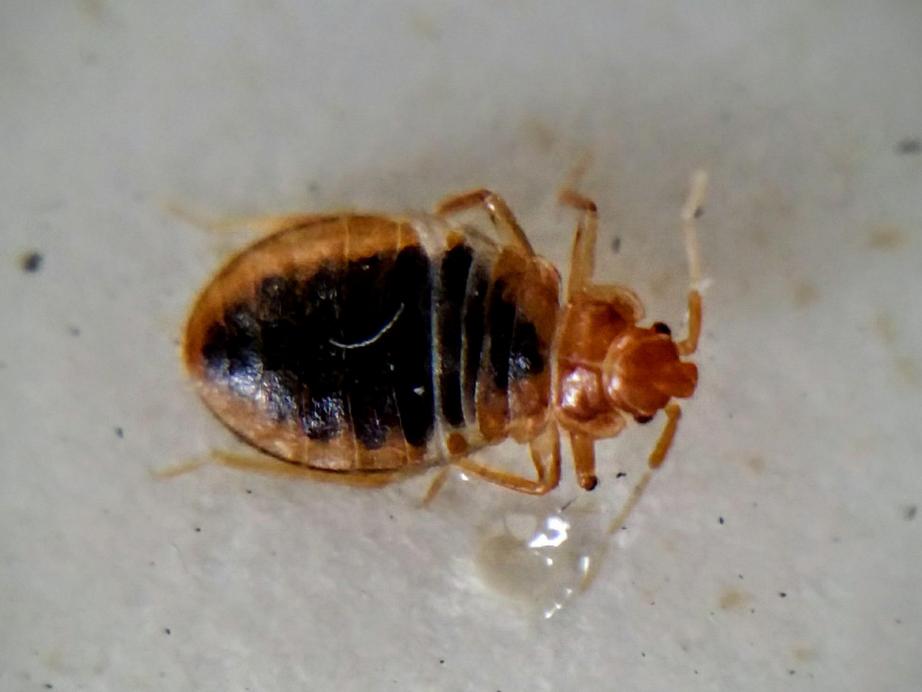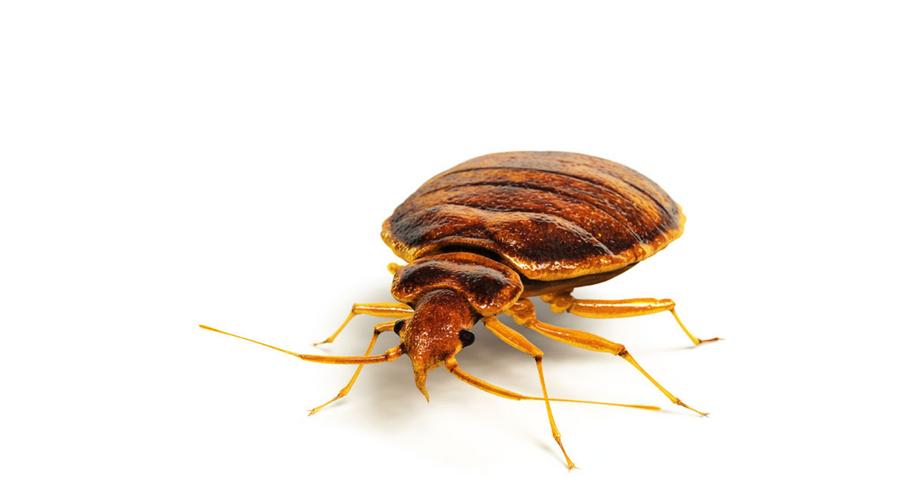Are you anemic? It may be bedbugs
Let’s get this out of the way: Bedbugs are disgusting. But while they don’t transmit diseases, these parasitic insects can cause severe anemia.
Aside from causing annoying and itchy bites on your skin, people who have a bedbug infestation might suffer from emotional distress and sleep deprivation. Within the last couple of years, doctors have determined that bedbugs can also cause severe anemia, particularly in certain high-risk groups.
For example, in one case reported by the National Institutes of Health, a 60-year-old man consulted his doctor after experiencing “several months of severe fatigue and lethargy.” Aside from his concerns, the man was diagnosed with “depression, diabetes, drug abuse, and alcoholism.”
The man also had a bedbug infestation in his apartment that was “so severe” his doctor even saw bugs crawling on his skin during the day. While the man didn’t report any signs of outward or gastrointestinal bleeding, lab tests revealed that he had an abnormally low iron count. Despite being told to take vitamin supplements, the patient still suffered from anemia and he eventually required hospital treatment and units of blood cells.

After eliminating other possible factors, the man’s doctor realized that the bedbugs were the cause of the patient’s anemia. The authorities got a professional exterminator on the scene to address the problem. After several months, the patient no longer experienced the symptoms of anemia.
Here’s how bedbugs cause anemia: Since they feed on blood, the man was probably bitten dozens of times each night, to the point that his body was unable to keep up with replenishing his blood supply.
While this case involved a severe infestation, high-risk groups like seniors or the disabled can experience symptoms of anemia even with moderate infestations. The elderly are more at risk since they already have a hard time maintaining their iron levels and a bedbug infestation can make the risk for anemia higher. On the same note, seniors and those with disabilities are also at risk, especially if they’re bedridden or unable to cope with an early infestation.
The risk is exacerbated if these seniors or the disabled live in crowded nursing homes or assisted living places. Bedbugs thrive in areas where hosts are easily available such as “nursing homes, apartment buildings, homeless shelters, high-travel locations, and large cities.”
Individuals with depression or those who drink or use drugs excessively can also get anemia from a severe bedbug infestation because these groups may not have the time to clean their homes regularly. Bedbugs aren’t particular about cleanliness, but a dirty home gives them access to many hiding places, which can make it hard to diagnose the problem early.
Watch out for these symptoms of anemia, especially if you think you have a bedbug infestation:
- Cold extremities;
- Dizziness/light-headedness;
- Fatigue;
- Irregular heartbeat;
- Pale or yellow skin;
- Shortness of breath; and
- Weakness.
While the symptoms can go unnoticed, they will become severe in time. Consult your doctor immediately if you think you’re experiencing any signs that indicate anemia.
When treating anemia caused by bedbugs, make sure that everyone in your family is evaluated by a doctor. Treatment may include a lab test to determine iron counts, and they might prescribe supplements and certain foods. Severe cases may even require hospital treatment and units of blood.
To fully resolve this matter, the bedbugs must be eliminated from your home. You can hire the services of an exterminator, or you can use natural remedies to rid your house of bedbugs. Once your home has been sprayed with insecticides, take all the clothes and bedding that are infested, wash them in hot water, and dry them in a heat dryer. Wipe down the mattress and bed frame before vacuuming to get rid of any eggs. Then, vacuum the house thoroughly and throw away the vacuum bag.
Keep an eye out for these signs of bedbugs
Always inspect your home for signs of pesky bedbugs, which include:
- Dark spots – If you see dark spots or little black droppings on your bed or on the sofa, these could be bedbug excrement. These spots can bleed on the fabric like markers would.
- Eggs and eggshells – Bedbugs have tiny (at least one millimeter) pale yellow skins, which nymphs shed as they get bigger.
- Rusty or reddish stains – These stains can be seen on bed sheets or mattresses and are from crushed bedbugs.
- Live bedbugs
Sources include:
LifeZette.com
EPA.gov

